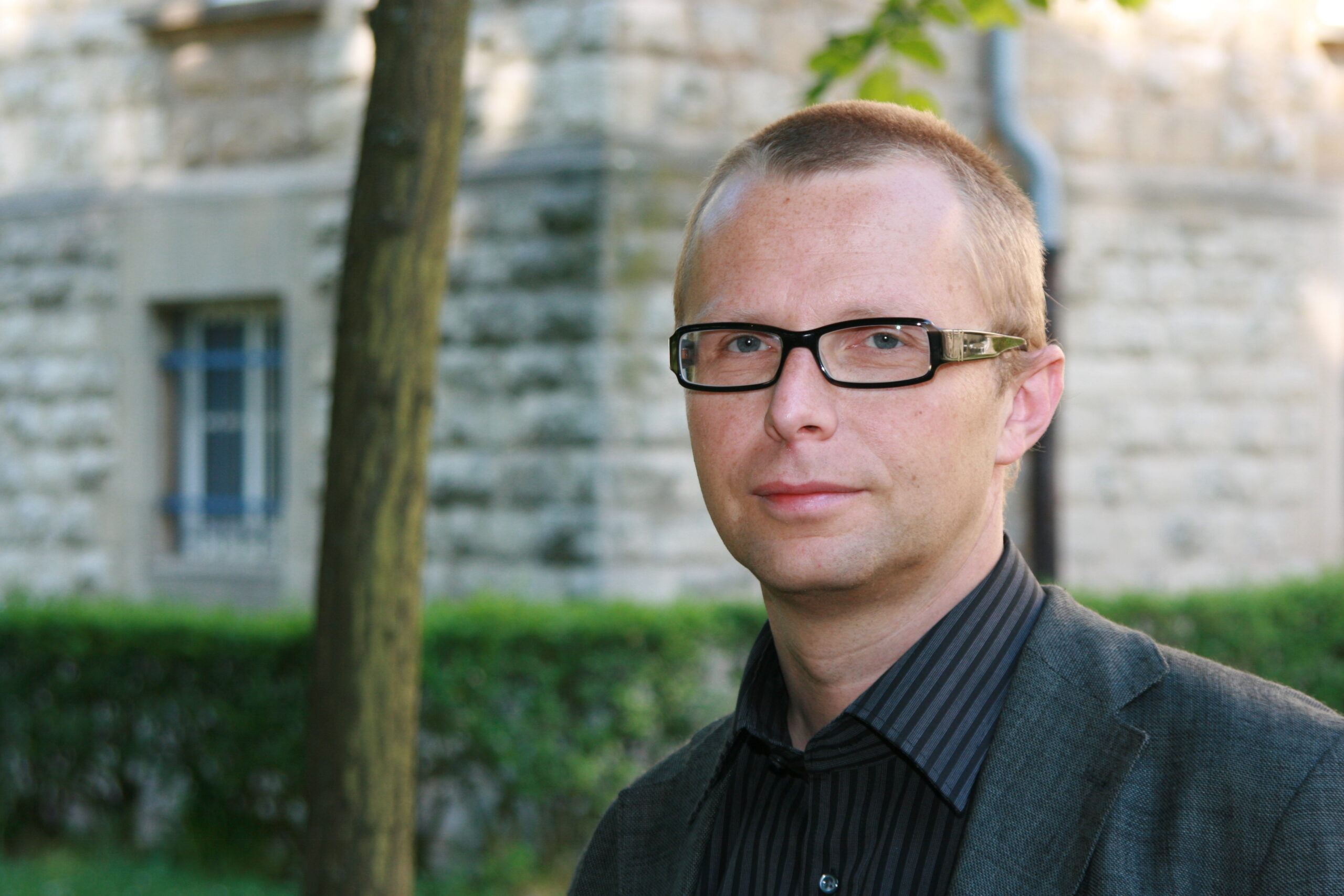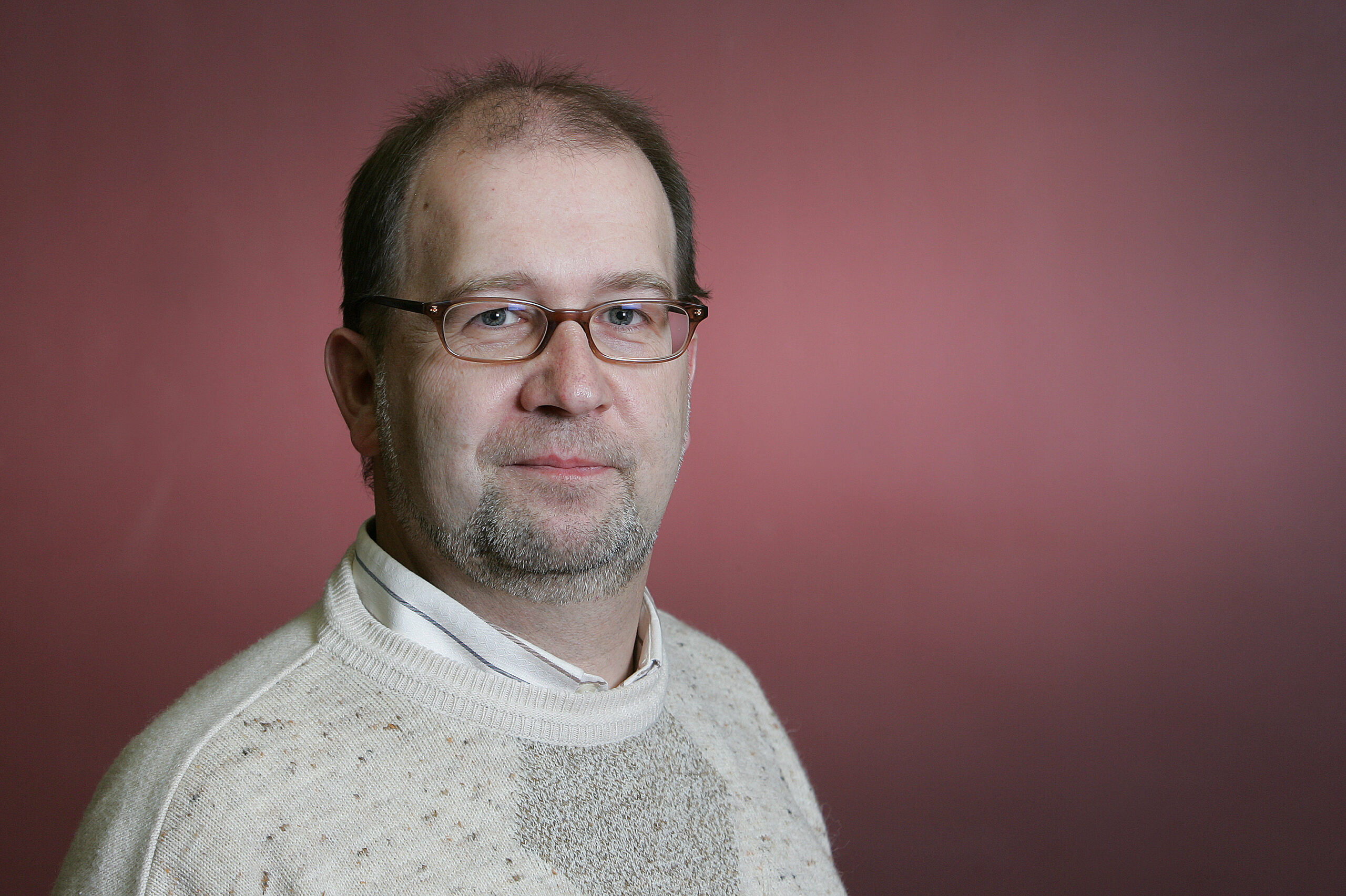The programme at a glance – 180 ECTS
-
Duration:3 years / 6 sem
-
Teaching languages:FR + DE + EN
-
Admissions:EU: 1 Feb 2024 – 31 Jul 2024
Non-EU: 1 Feb 2024 – 30 Apr 2024
-
Fees:400€/ sem. (semester 1,2,4,6)
200€/ sem. (semester 3,5) -
Format:Full-time programme (Part-time student status allowed)
Presentation
The Electrical Engineering track of the Bachelor in Engineering provides a solid multidisciplinary theoretical and practical background. The track involves hands-on projects and a mobility semester. During the final semester, candidates undertake a bachelor thesis, preparing them for the next step in academia or in industry.
The Bachelor in Engineering is managed by the Department of Engineering, an interdisciplinary group active in the domains of civil, electrical and mechanical engineering and geophysics. The main focus is on the development of technological solutions, the sustainable and economical use of all kind of resources, the offer of competences for the technological requirements of Luxembourg and the Greater Region industrial and public actors.
Please take note of the required language skills in German (B2 mandatory); French (B1) and English for admission.
More info
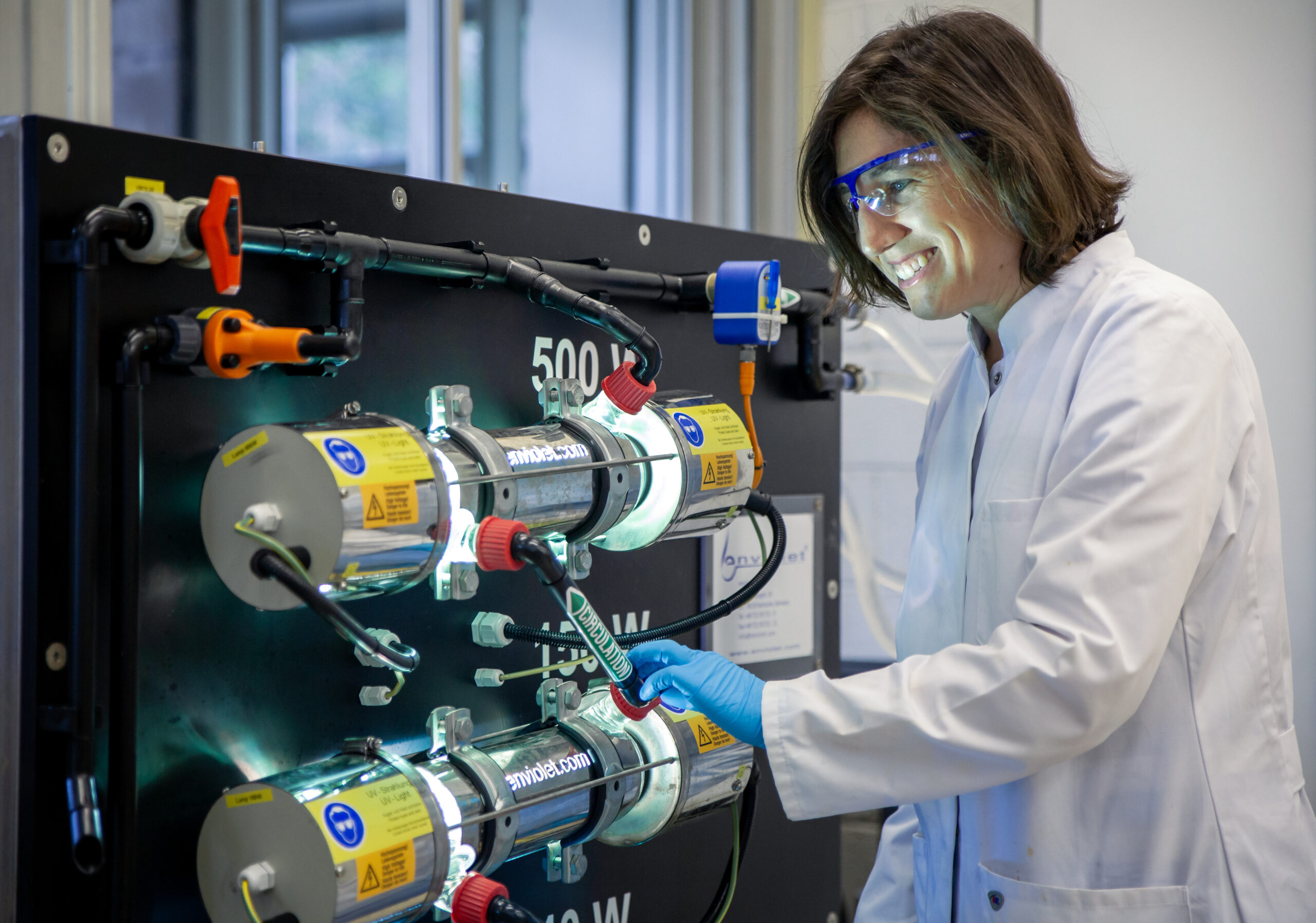
Strengths
Flexibility
The Bachelor in Engineering offers six tracks: Electrical Engineering, Energy & Environment, Civil Engineering, Digital Engineering, European Construction Management and Mechanical Engineering. Since all tracks are almost identical at the beginning of the course, it is possible to change orientation without great difficulty if this proves necessary for the student.
Multidisciplinary approach
Students learn the fundamental tools and theoretical bases needed in electrical engineering. It includes a strong focus on control engineering, power electronics, IT network technologies, electrical energy production, transportation, and distribution.
Practical programme
Students translate the discipline-specific procedures and knowledge into electrical engineering projects. The applications relate to engineering problems arising in the real world. They illustrate how societal problems can be solved in a more sustainable way,
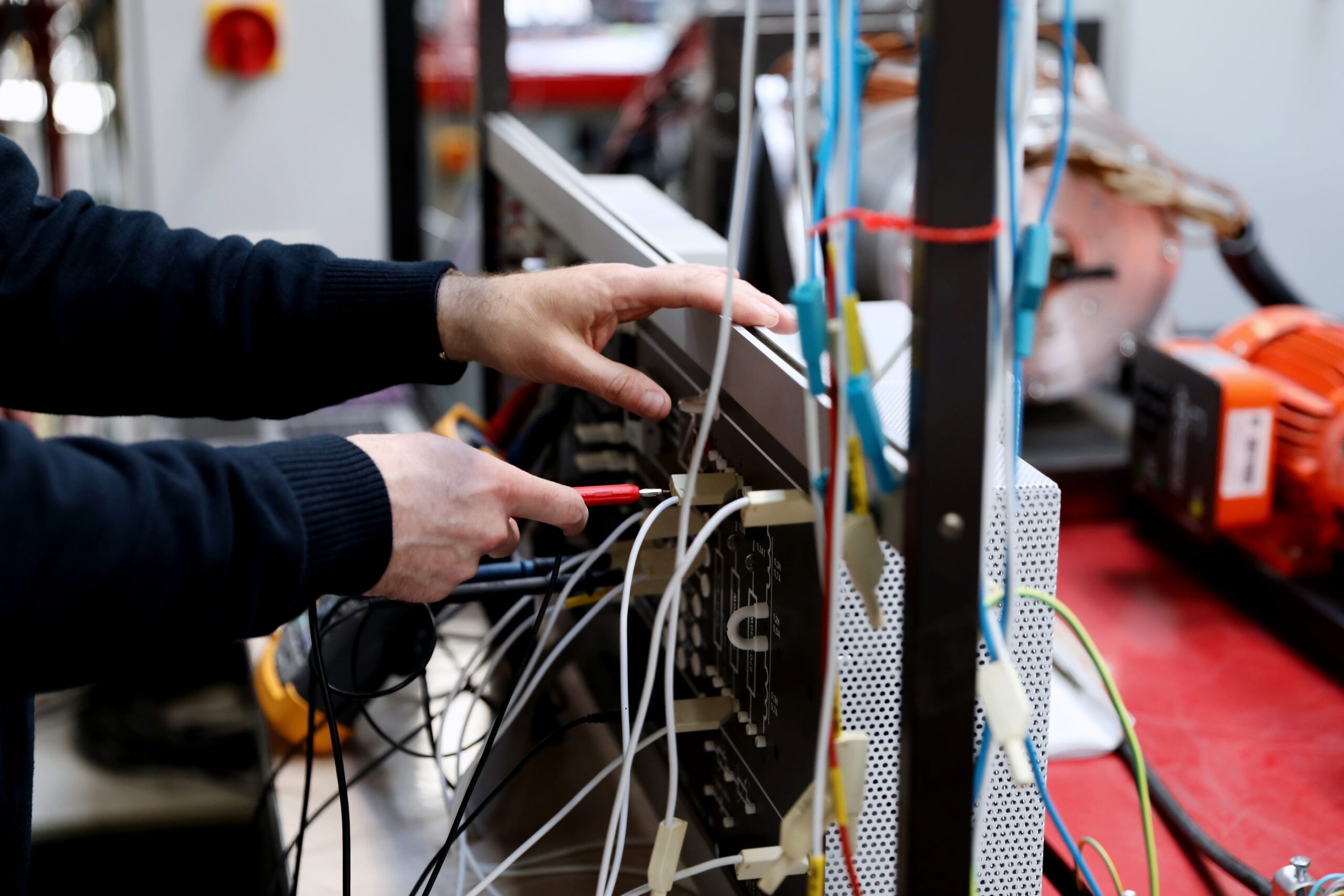
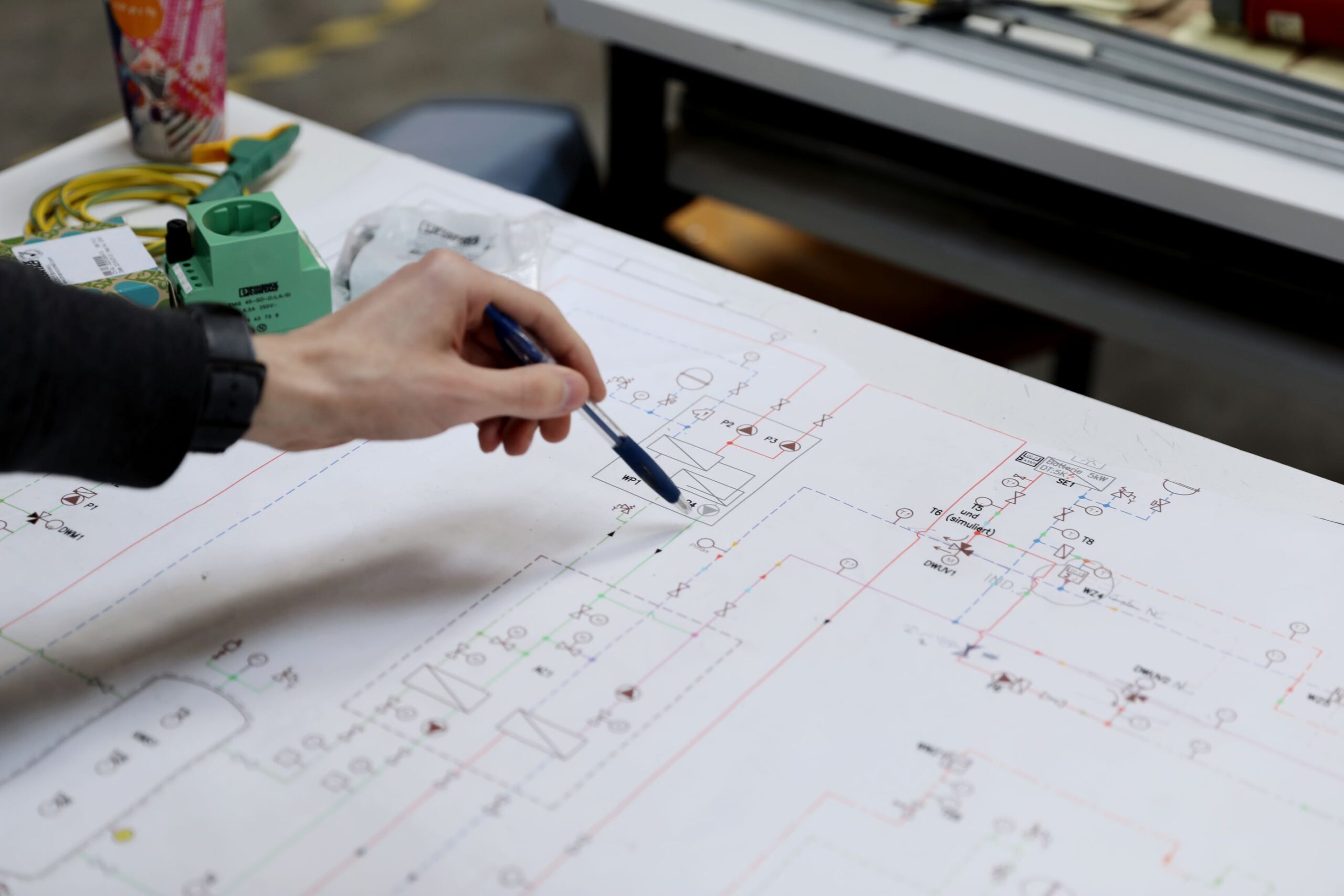
Contact
For any question regarding the Bachelor in Engineering, please send your request to


